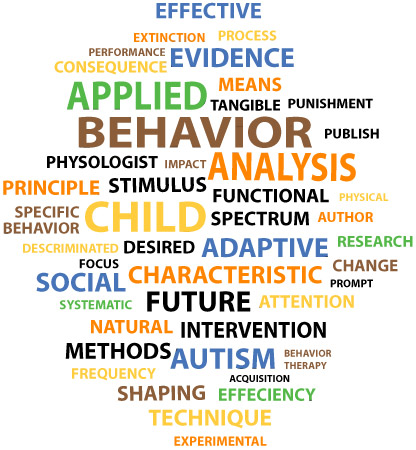
Imagine a child’s response being, “What, what do you want from me?” in a loud voice because he was asked to be spoken to by his teacher. Last year we worked with a grade 5 boy who has experienced tremendous trauma in early childhood. Let’s call him Jason. Jason had many problems in school. He often fought with students to the point that almost all the students were afraid of him. Everyone was intimated by his aggressive behaviour and anger. Jason had only two friends from the entire school even though he longed to make more friends. But his attitude and aggressive behaviour kept everyone at a distance.
A Boy’s Courage to Overcome Early Childhood Trauma
Everyone stayed away, even the teachers left him alone. So if Jason wanted to sleep in class, he did just that. Most of his time during school time, he slept. As for work, he barely did 5 – 10% of school work. He was a classic Billy from the book, ‘Help for Billy’. Clearly Jason did not feel like he belonged in his classroom or in the school. Hence he made no effort academically.
At the beginning of the year, we started with Jason always taking the defensive stance even if he was called out of class because of a phone call from home. His response was exactly, “What, what do you want from me?” and “Leave me alone”. On one of his breakdowns, he threatened me (his behaviour therapist) with, “You better stay away from me because you haven’t seen the other side of me yet. Everyone else here saw it.” And I didn’t stay away, I was in his classroom daily 3-7 times a day at random times in the first few months of our work together.
Around January
Halfway through the year at one of our sessions; Jason was having a problem with his friends, his friend was upset at him. At an attempt to problem solve the issue with his friends, Jason would surprise me. I asked, “when do you feel happy?” and his response was, “Never, I am always closer to being angry than happy, that’s why I can get upset easily”. This made so much sense and it was impressive how he was able to express his dysregulation. Let me explain why. What Jason was trying to explain was refereed to as the ‘window of stress tolerance’ from the book Help for Billy. The window of stress tolerance is a child’s ability to “withstand pressure, overwhelm, and fear without becoming dysregulated and without reaching his “breaking point.”. Jason was in essence letting me know that his natural state is dysregulated before any problems occur. Hence, it takes very little for him to get angry and lose control. That is, he is usually in a state of a fight without an actual threat because he has learned from past experiences that he needs to be ready to protect himself. Children who have experienced trauma often are in a state of dysregulation. They are ready to protect themselves at any given moment for survival.
It took a long time and a lot of work for Jason to shift his beliefs at-least within the school environment because the home was still unsafe. The main focus at the school was to make sure he felt welcomed, loved, and safe in the school. Jason had two other individuals within the school environment that help him regulate when he was dysregulated. Jason knew in his heart that these two other women truly cared about him. He slowly but surely started to feel safe, cared about, heard, love, and that he made the school special just like all students felt. He was not someone to feared, tolerated, and babied to avoid his anger.
Near the End of Year
He worked so hard and was very brave to face the challenges of fifth grade. By the end of the year when Jason was asked to be spoken to alone, his reaction was to talk without having his fists up ready for the fight. He started to be the one that would say something before he gets out of the door. For instance, he came out saying, “did you hear what Mr. Jackson said about me?” while smiling. That moment is what all our work is about; seeing a child’s attitude and quality of life change to a more fulfilling one. At this point, I knew that Jason’s ‘learned reaction’ was shifting because he no longer felt threatened. Jason no longer needed to protect himself.
Often in our field, the most challenging children are the ones that leave the biggest memory in our minds and hearts as Behaviour Therapists. Children like Jason are always the once that need the direst help and attention. It is very challenging to work with these children but they are the ones which have the biggest effect on us and our work. They are an example of how much change can occur once we give lots of love, trust, connection, and clear expectations with appropriate reinforcements. If you have not yet read the book, Help for Billy, we strongly recommend that you do. It is a fantastic book on how trauma affects children mentally, emotionally, physically, and psychologically.